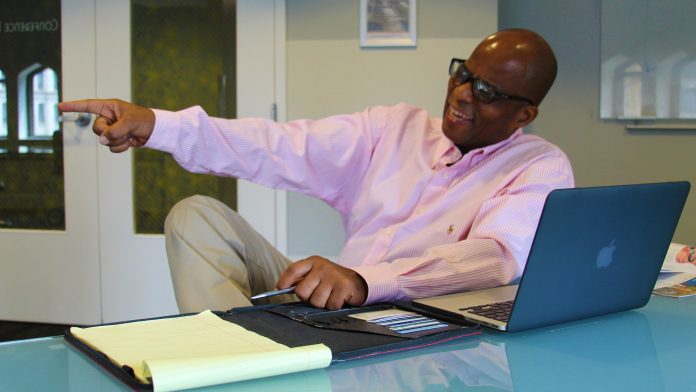Let me transport you to a specific moment. I am walking into a boardroom. The projector is humming, stakeholders are flipping through printed decks, and the coffee is overly hot. I’m supposed to lead this meeting. I am familiar with the content. I understand the strategy. And yet—there’s a tightness in my chest. My heart wants to leave before I even speak.
That’s the inner conflict over self-esteem, especially in competitive, high-performing environments.
What makes it challenging to maintain one’s self-esteem?
Psychologists frequently distinguish self-confidence from self-esteem. Self-confidence is defined as “I can do this task.” Esteem means, “I am worthy regardless of my success or failure.” When the stakes are high or the room is filled with brilliant people, even seasoned professionals can feel out of place. It is not imposter syndrome; it is a human experience.
Occasionally we feel like the least important person in the room. And sometimes we are, and we still belong.
I’ve learned to boost my self-esteem not by proving myself superior, but by reconnecting with my worth. Here are some exercises I use to recalibrate and remind myself of my contributions, regardless of who else is present.
Exercises to Boost Self-Esteem
1. Perform acts of kindness in private.
Request that a person or group do something nice for someone else without expecting any recognition. Have the participants write their notes down, fold them up, and place them in a bowl. The moderator reads the anonymous notes aloud and invites the group to celebrate the act rather than the individual. Then, and only then, reveal who did the deed. Observe the joy on their faces as they receive recognition for their true selves, not just for their actions.
2. Volunteer with the intention of elevating others.
Serve a small group or local organization without seeking recognition; instead, reflect it. Make it your mission to recognize and celebrate the achievements of others in that space. When you assist others, it serves as a reminder of your capacity for empowerment.
3. Be a mentor to someone younger.
Share your most valuable knowledge, talent, or life lesson with a young person. Do not lecture them; instead, allow them a moment to reflect. Our story may be the one they remember when they start their own foundation.
4. Read to the children.
Sit and read with your children, neighbors, or a library group. Watch as the children’s eyes widen and their questions arise. Their joy is simple. Their curiosity is pure. It helps you feel grounded.
5. Provide entertainment for the elderly.
Sing. Tell a joke. Read a poem. Share a memory. Elder audiences, particularly in retirement communities, are among the most gracious people you will encounter. Their applause could be just the medicine your esteem needs.
Increasing self-esteem does not involve inflating your ego. It is important to recognize your inner light, particularly during times when it feels faint. Doing these things reminds me that my value surpasses titles, accomplishments, and eloquent speeches. And so do you.
The next time I walk into that boardroom, I may still stumble. But I’ll know I belong.





